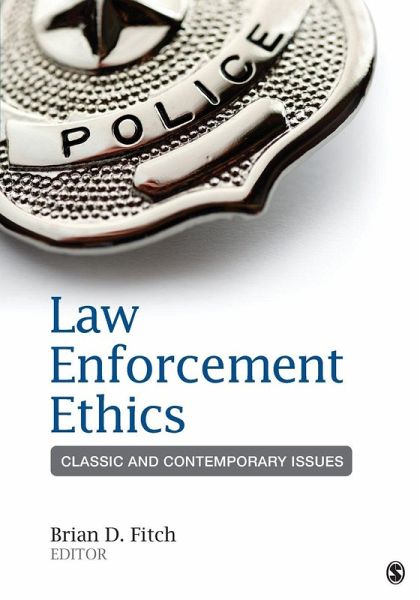Brian D. Fitch, PhD, is an adjunct professor of criminal justice at California State University, Fullerton. Dr. Fitch served for 34 years with the Los Angeles County Sheriff's Department before retiring as a lieutenant. He has worked assignments in field operations, narcotics, forgery and fraud, advanced officer training, professional development, custody, and correctional services. Dr. Fitch has trained more than 10,000 law enforcement officers throughout the United States, as well as internationally in Canada, Oman, Qatar, Saudi Arabia, and the United Arab Emirates, in leadership, decision making, and communication skills. He has held positions at California State University-Long Beach, Southwestern University School of Law, Cerritos College, Riverside College, and East Los Angeles College. Dr. Fitch teaches in the leadership development programs sponsored by the Los Angeles Police Department, and Los Angeles Fire Department. Dr. Fitch has published two prior books with Sage, Law Enforcement Ethics: Classic and Contemporary Issues (2013) and Law Enforcement Interpersonal Communication and Conflict Management: The IMPACT Model. Dr. Fitch lives in Orange County, California, with his wife, Monica.
















